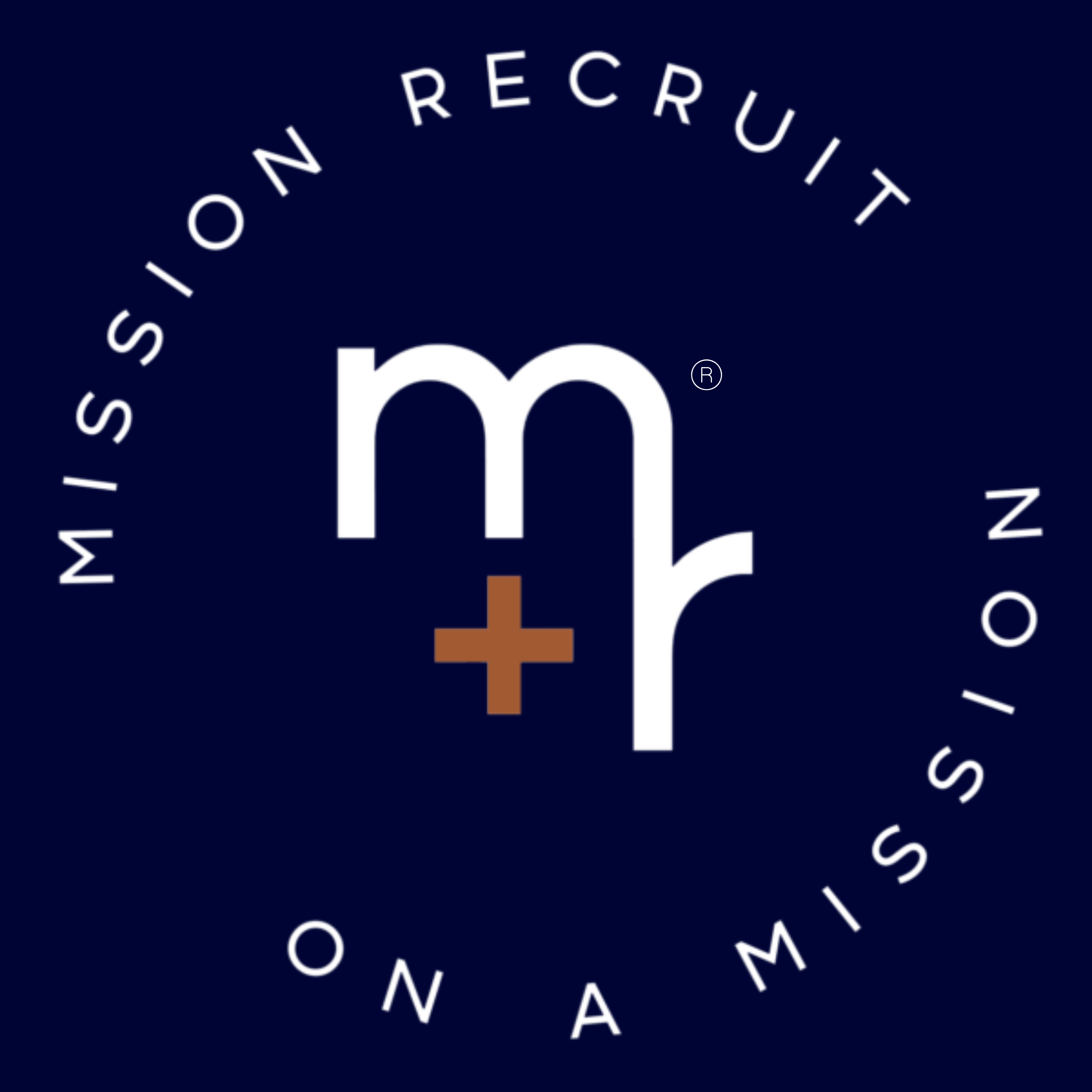Employers are now widening the scope of what company culture means to them and their employees. Initiatives like total rewards, DE&I networks, and mentoring programs are defining how good a company’s culture really is. Job seekers are looking for an organization that goes beyond checking the standard boxes to create meaning behind each of these essential initiatives.
Mentoring programs have evolved into a multi-faceted approach that can bring value to any employee willing to participate. It’s no longer inviting a rookie to the table so they can hear a veteran talk about the last 20-30 years of experience. As we emphasize the fact that everyone can learn at any age, mentorship programs look a little different these days. Here are the mentorship trends we’ve seen over the last few years that have proved successful.
Peer-to-Peer
A group of peers can offer value that others can’t – like the perspective of what an employee may be going through at that exact moment. Recalling her time in a leadership course, Katie Prellwitz, founder of Leverage Communications, shares her experience.
“At a previous employer, I was enrolled in a leadership development program,” Katie says. “The most rewarding part of that experience was Coaching Conversations, where a group of peers talked about situations we dealt with as leaders. Not only did we discuss the challenges we faced, but we all shared success stories as well. It was a learning opportunity for everyone, and it created a close-knit community. Even after the course was over, we called each other whenever we needed advice.”
In addition to those reasons, the feeling of camaraderie and connection only contribute positively to retention efforts. It’s a win-win!
Reverse Mentoring
It’s easy to forget that industry vets need mentoring too! They’ve seen a lot over decades of experience, but the workforce continues to evolve through technology, leadership styles, recruitment strategies, and more. Someone who might be seen as a rookie can have a lot to offer so vets can understand and lean into a new way of doing things.
Caterpillar, General Electric, and Bain and Company are three organizations who include reverse mentoring, among other elements, that contribute to the success of their programs.






